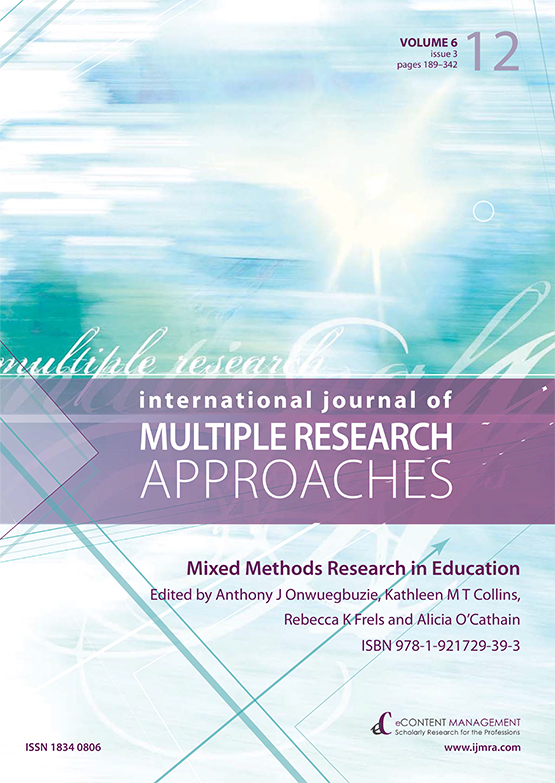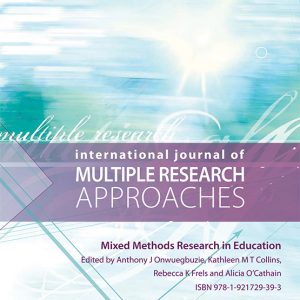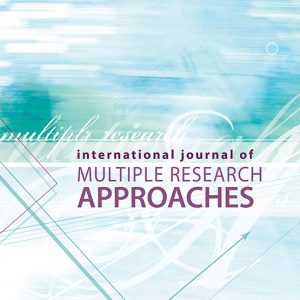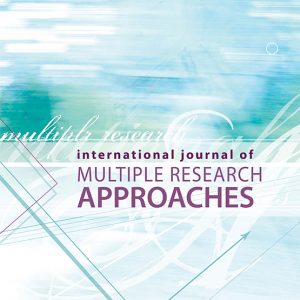6(3).10. EPILOGUE Is mixed research science? Empirical evidence from the field of educational research
$30.00
Description
EPILOGUE Is mixed research science? Empirical evidence from the field of educational research
KATHLEEN M T COLLINS
Department of Curriculum and Instruction, University of Arkansas, Fayetteville, AR, USA
Abstract
The purpose of the current study was to evidence how ‘mixing’ is interpreted by researchers and to draw interpretations that would continue to map how mixed research contributes to the advancement of scientific inquiry. The data source consisted of peer-reviewed abstracts of mixed research papers that were accepted for presentation at the 2012 annual meeting of AERA in Vancouver, British Columbia. A parallel mixed analysis was implemented in two phases. Phase 1, descriptive data were compiled (frequencies percentages) detailing the prevalence of mixed research topics in the abstracts. Phase 2, a content analysis involving a text analysis was implemented, and the results were analyzed utilizing within-case and cross-case analyses. Specifically, each abstract (i.e., case) was read and the abstract’s content and the author-generated descriptors were used in tandem to generate a context that specified the focus of each topic (i.e., contextual descriptors). Additionally, to ascertain the methodological focus of each abstract, the abstracts were categorized in accordance to the three components comprising Teddlie and Tashakkori’s (2010) ‘Emerging ‘Map’ of Mixed Methods Research. To continue further this line of documentation, each of the seven articles in this special issue was mapped to one of three components comprising the map. Results indicated a balance of educational topics categorized across the three components. Implications are discussed in the context of responding to the question ‘Is Mixed Research Science?’
Keywords: mixed methods, mixed research, scientific-based methodology



